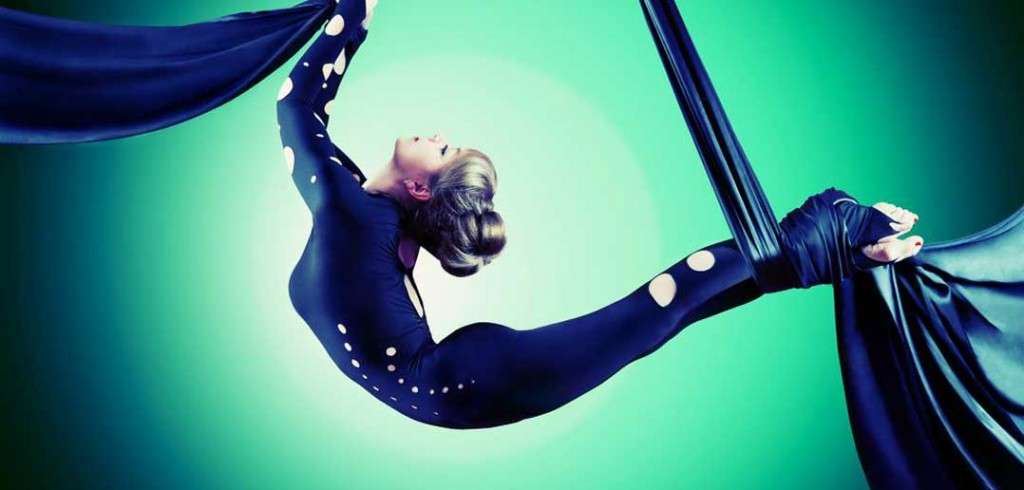When conducting ourselves at work, in meetings, while making presentations or when attending interviews, we are generally very considered in what we say. However, our employers, colleagues and clients could be taking more from our body language signs than what we actually say.
Did you know that the majority of our daily communication is actually non-verbal?
Dr. Albert Mehrabian, through conducting numerous studies on nonverbal communication, found that 7% of any message is conveyed through words, 38% through vocal elements, and 55% through nonverbal elements such as facial expressions, gestures, posture, etc. Incredibly, this means that 93% of our communication is nonverbal!
Such statistics suggest that it is actually your subconscious body language that is doing much of the talking and making the biggest impression on those you come into contact with.
If you weren’t doing so already, perhaps it’s time for you to start considering what your body language is saying about you and how you may be able to subtly improve when conducting yourself professionally.
Below are 10 key body language signs that you should shake off at work:
1. Avoiding eye contact
Avoiding eye contact only sends out negative signals. It suggests to the person you are speaking with that you are being deceptive, showing a lack of respect, or lacking in confidence.
2. Slouching
Slouching not only looks bad but also sends out bad signals to those around us. Poor posture can suggest that you lack confidence and have low self-esteem. It also indicates low energy levels which are not what you want at work.
3. Crossed arms
Guarded body language like crossing your arms creates a barrier between yourself and others. This could signal to them that you are either disinterested in what they are saying or that you disagree with them.
4. Looking down
Looking down often will make you appear uncomfortable or self-conscious in a situation. This can be particularly damaging if you are making a presentation or a pitch as the simple motion of looking down can cause your words to lose all their persuasive power.
5. Fidgeting
Touching your hair a lot or fidgeting in your seat indicate that you feel uncomfortable or anxious. Additionally, touching your hands or your face can suggest to others that you are being deceptive. Not to mention, excessive fidgeting can generally be quite off-putting and annoying for the person you conversing with.
6. Glancing at the clock
Even a sneaky glance at the clock or your watch while someone else is speaking suggests that you are either disinterested in what they have to say or can be perceived as arrogance. Looking past the person rather than directly at them can also have the same effect as you look disengaged.
7. Giving a weak handshake
If you are meeting somebody new in business then you are likely to greet them with a handshake and this is one of the first impressions that you are going to make on them. A handshake that is not firm suggests a lack of authority. On the other hand, if you give a handshake that is overly firm you may be perceived to be a bit aggressive. Try to hit the right balance.
8. Leaning away
Angling your body away from someone you are speaking to indicates that you are uncomfortable or just disinterested in the discussion.
9. Frowning
Obviously, if you are frowning at someone you are giving a lot away about how you are feeling. Be careful because frowning can often happen unintentionally and shows that you are unhappy or disagree with what is being said.
10. Space invading
Different people have different circles of personal space. Some are quite comfortable with being in fairly close proximity to others while some will feel very uncomfortable if you are too close to them. Always be respectful of personal space at work and be aware that what you are comfortable with might not be the same for everyone.
Being aware of your body language signs when conducting yourself professionally can really help you to build rapport and benefit working relationships with those that you come into contact with. Keep your body language open and positive where possible, using smiling, nodding and physical mirroring to improve your communication with others.
They won’t even know that you are doing it!

